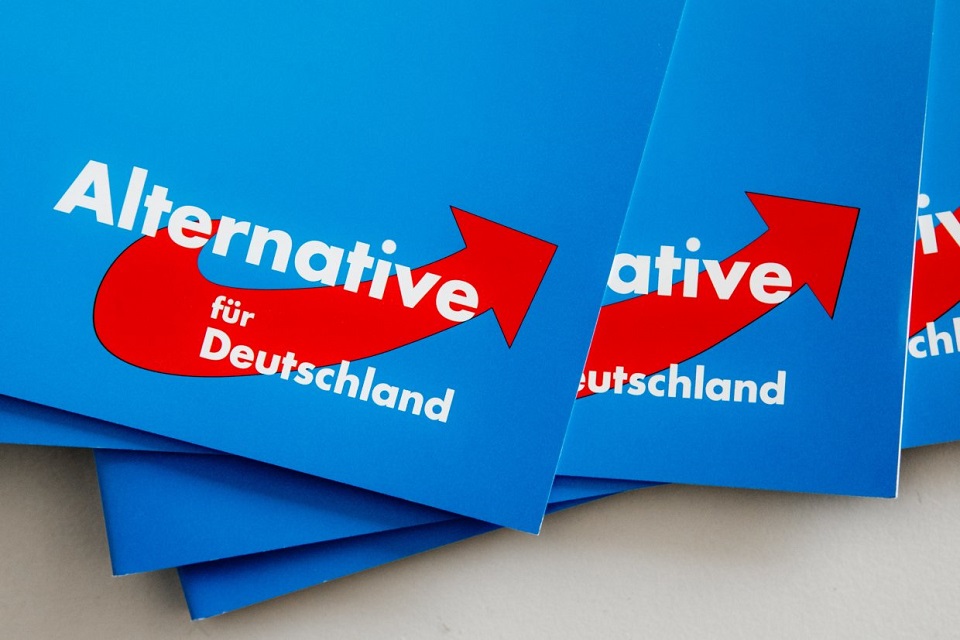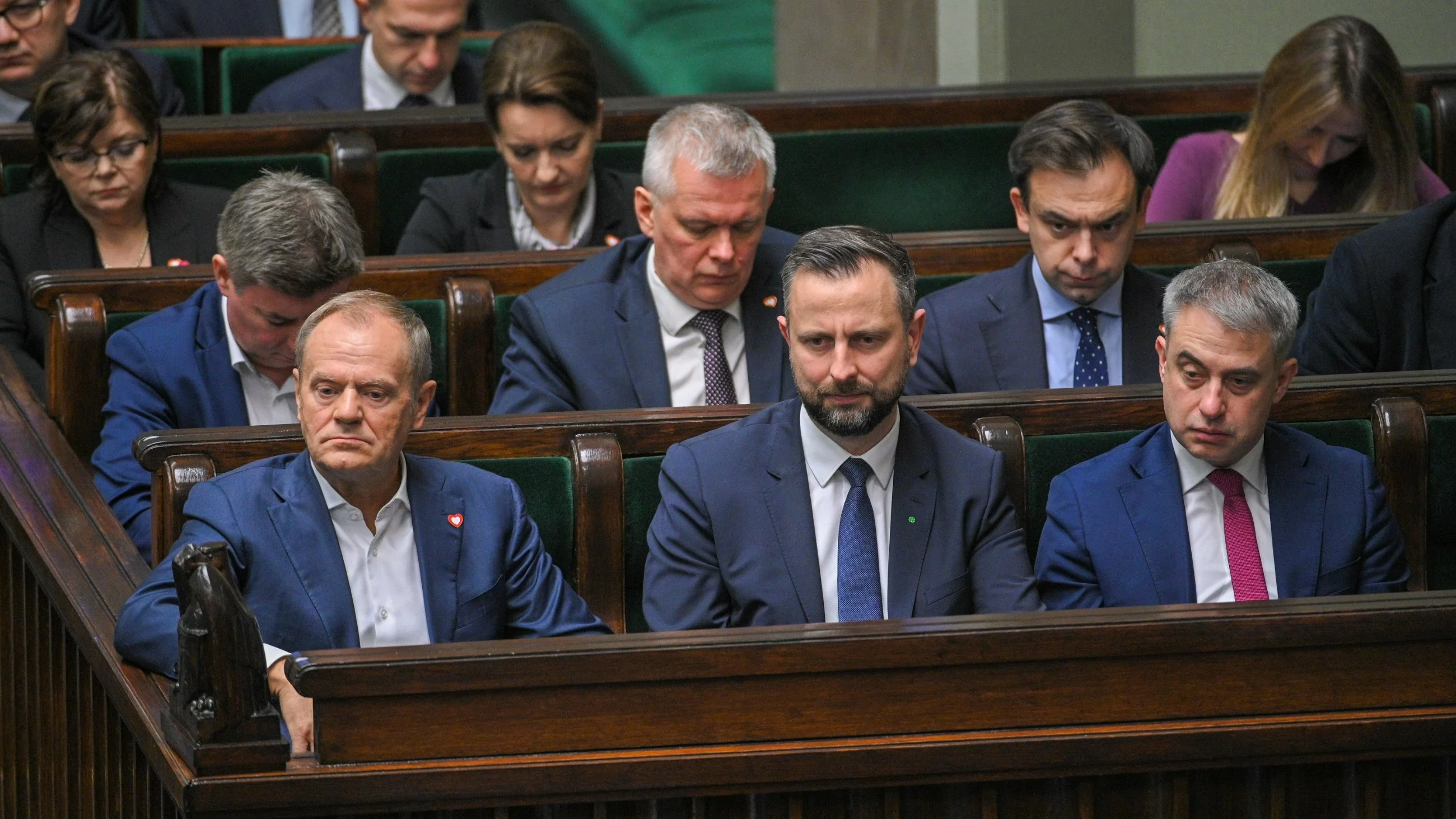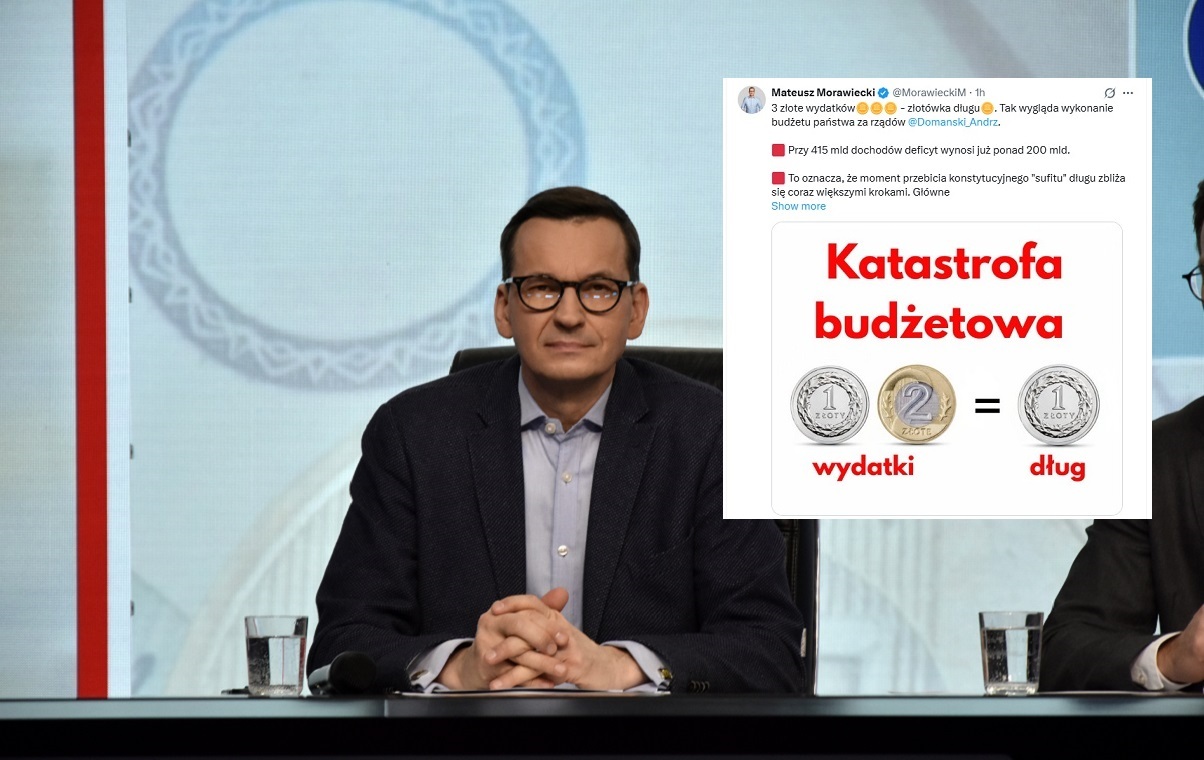 photo. www.bpb.de
photo. www.bpb.deIn erstwhile texts, I have presented the AfD communicative from its creators, changing leaders, the evolution of its programs and the slogans preached; finally, we will look at its voters
I took advantage of the extended study no. 92 of November 2023, prepared by the renowned Wirtschafts- und Sozialwissenschaftliches Institute in Düsseldorf. The study was based on studies from June 2021, January and November 2022 and June 2023.
AfD voters are more frequently men than women; more frequently from the east than the westernlands; mostly those without a matriculation with tiny or average incomes; mostly workers; those feeling undervalued at work by their bosses and coworkers, as well as those convinced that they gain unfairly little. In all 4 AfD polls, compared to the general public, they declare a advanced level of stress and concern for their future; hence, among another things, support for a decisive simplification in the influx of immigrants into Germany, whom they see as their competitors in the labour market; they are not curious in the climate crisis. They misjudge the government's actions in the fight against coronavirus pandemic, its associated restrictions and limitations, and willingly believe in conspiracy theories spreading during the pandemic. Six out of 7 AfD supporters express dissatisfaction with the government's policy towards the war in Ukraine; almost half of them believe that NATO has provoked Russia to attack, many believe in the conspiracy theories involved; three-quarters refuse to accept Ukrainian war refugees and believe that they are giving besides much attention to Ukrainians. The vast majority of AfD voters are between 30 and 49 years old.
As many as 90% of AfD supporters have large distrust of state institutions specified as government or public media. This seems to be the main reason for the departure of voters from “old” parties. In the election to the Bundestag 2021, the most voters for the AfD lost Free Democrats, FDP (12%) and Social Democrats SPD (8%). 1 3rd of the fresh AfD voters declared that they had previously voted for the CDU/CSU Chadetic parties. Although there were not many of them, erstwhile Green voters besides voted in the 2021 AfD election. Researchers besides noted that there were more women than men among young people who first voted for the AfD. It is very interesting to observe that these youngest voters give AfD rather limited confidence, but besides a large proportion of the permanent voters of AfD do not unconditionally believe their party. This makes it possible to conclude that many people vote for AfD not out of conviction, but in protest against the politics/actions of the "old" parties, which gives hope for their recovery for democratic parties, is an crucial signal and challenge for these parties.
SEE ALSO: Alternative to Germany (Afd). Paragraph 3 – More to the right
In the title of a summary: So far, all democratic German parties are ostentatically disavowing from the AfD and solemnly ensuring that they do not enter into any agreements/coals with it, either at national or regional level. AfD remains a very large, but only opposition. possibly the ruling coalition will embrace, take seriously the fears of the AfD voters and most of them will recover; the authors of the study propose what needs to be done. The most lessons to be done are chadecs who, after Angela Merkel's departure, are in a powerful crisis.
Following AfD's past and its immense political success, compares with the way of the Law and Justice to power and power. Same slogans, same level and behaviour of leaders, pointing out the same enemies (EU, immigrants, Ukrainian war refugees). If there are so many similarities, then possibly there will be strong legal heads in Poland, able to start the process of legalization of the Law and Justice Union, while watching the Germans?

















